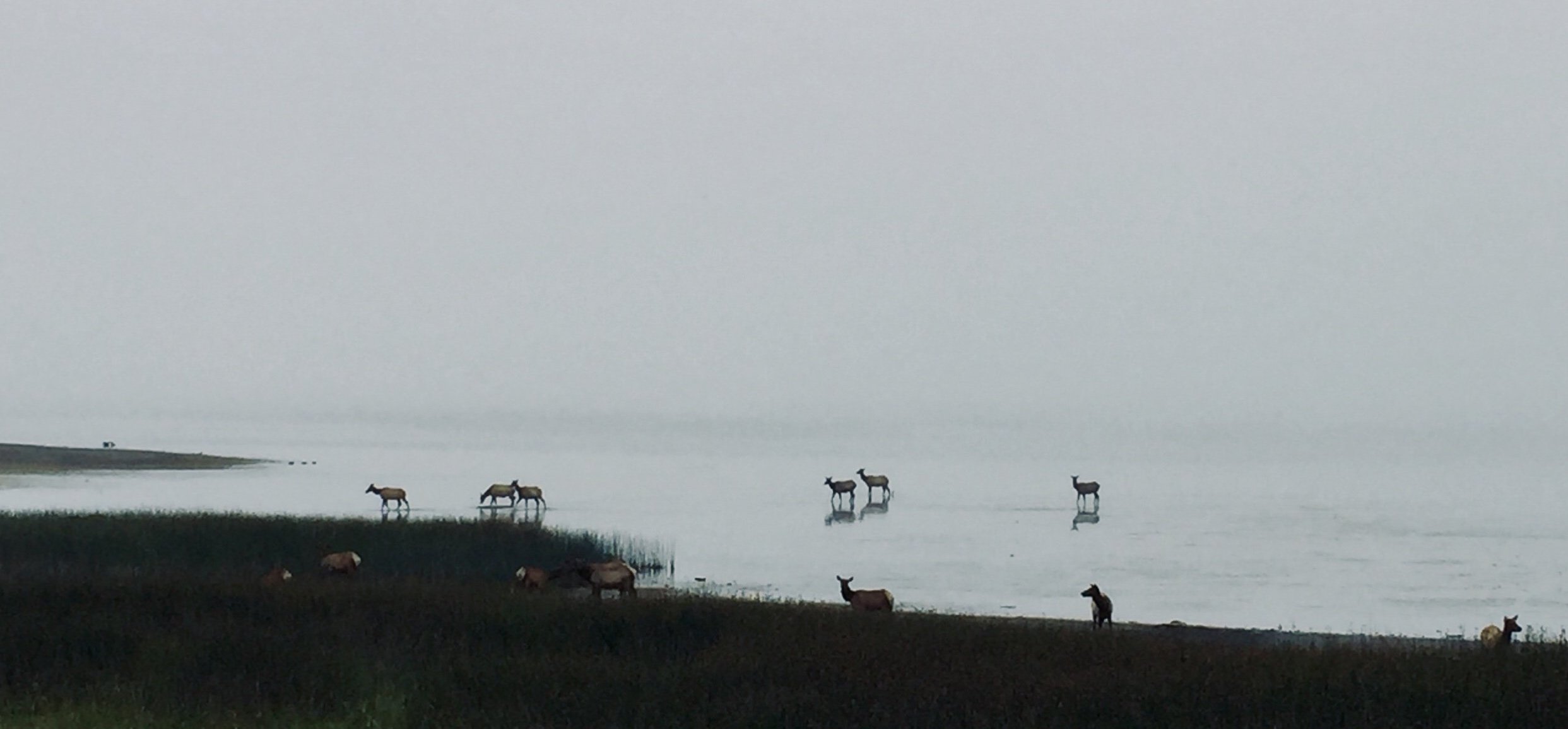Werner Herzog
This file is licensed under the Creative Commons Attribution-Share Alike 4.0 International license.
1942 -
Werner Herzog (born 5 September 1942) is a German film director, screenwriter, author, actor, and opera director, regarded as a pioneer of New German Cinema. His films often feature ambitious protagonists with impossible dreams,[1] people with unique talents in obscure fields, or individuals in conflict with nature.[2] He is known for his unique filmmaking process, such as disregarding storyboards, emphasizing improvisation, and placing the cast and crew into similar situations as characters in his films.
Herzog started work on his first film Herakles in 1961, when he was nineteen. Since then he has produced, written, and directed more than sixty feature films and documentaries, such as Aguirre, the Wrath of God (1972), The Enigma of Kaspar Hauser (1974), Heart of Glass (1976), Stroszek (1977), Nosferatu the Vampyre (1979), Fitzcarraldo (1982), Cobra Verde (1987), Lessons of Darkness (1992), Little Dieter Needs to Fly (1997), My Best Fiend (1999), Invincible (2000), Grizzly Man (2005), Encounters at the End of the World (2007), Bad Lieutenant: Port of Call New Orleans (2009), and Cave of Forgotten Dreams (2010). He has published more than a dozen books of prose, and directed as many operas.
In June 2022, Herzog published his debut novel, titled The Twilight World, telling the story of Hiroo Onoda. Herzog had met Onoda in Tokyo more than two decades ago, and the two had discussed the jungle, a setting that reoccurs throughout many of Herzog's film works. Onoda, a WWII Japanese soldier who was deployed in 1944 to Lubang, a small Phillipine Island, stayed in the jungles of Lubang for twenty nine years. After receiving orders to "hold his position", his commander promised that someone would return for him, but as the years went by, it was clear that he was forgotten. While the novel was written as a fictionalized account of Hiroo Onoda's real life ordeal of being stranded in a jungle fighting a war that had officially ended, Herzog admits to bending the truth, saying “Most details are factually correct; some are not".[3][4][5]
French filmmaker François Truffaut once called Herzog "the most important film director alive."[6] American film critic Roger Ebert said that Herzog "has never created a single film that is compromised, shameful, made for pragmatic reasons, or uninteresting. Even his failures are spectacular."[7] He was named one of the world's 100 most influential people by Time magazine in 2009.[8]
Become A Donor Or Advertiser



